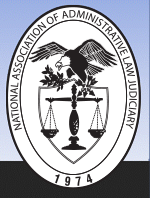Abstract
Charter schools are under increasing attack for denying admission to disabled students. But traditional schools also turn away disabled students, often preventing them from attending schools in their neighborhood or within their district. This Article discusses when a school is permitted under federal disability law to deny admission to a disabled student. After nearly four decades of special education jurisprudence and regulatory guidance, the circumstances under which a student with a disability may be denied admission to a particular school are still remarkably unclear. This Article first discusses the ‘zero-reject‘ principle underlying the Individuals with Disabilities Education Act and concludes that it does not grant a right of access to a particular school. The Article next explains the complicated interplay between Section 504 of the Rehabilitation Act and the Americans with Disabilities Act and argues that combined, these antidiscrimination statutes compel particular schools to create special education programs to serve disabled students unless it is unduly burdensome or fundamentally alters the nature of the school. The Article concludes by surveying the regulatory guidance and case law regarding what constitutes a fundamental alteration and an undue burden that may justify denying admission to disabled students.
Recommended Citation
Robert A. Garda Jr.,
Disabled Students' Rights of Access to Charter Schools Under the IDEA, Section 504 and the ADA,
32 J. Nat’l Ass’n Admin. L. Judiciary
Iss. 2
(2012)
Available at:
https://digitalcommons.pepperdine.edu/naalj/vol32/iss2/3
Included in
Administrative Law Commons, Civil Rights and Discrimination Commons, Disability Law Commons, Education Law Commons

